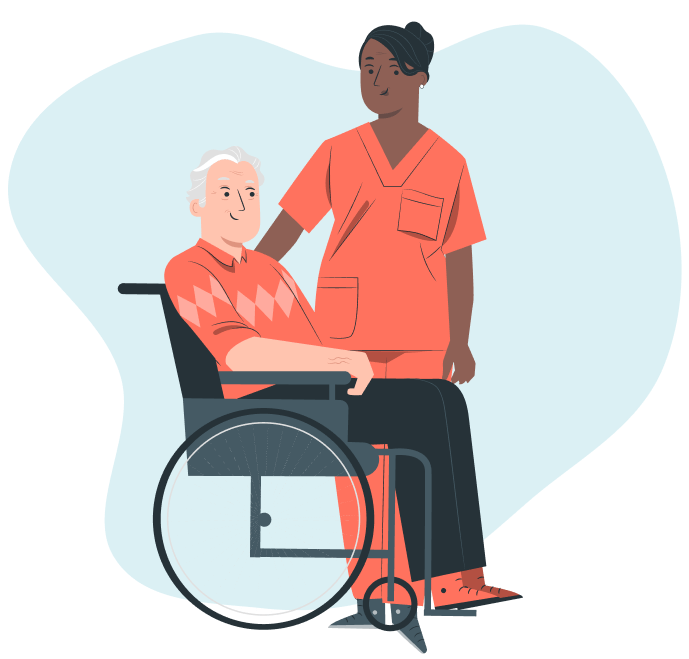
Family conversations about end-of-life care can be emotional and confusing. Even when a loved one is facing a life-limiting illness, many of us delay these difficult conversations until it's too late. Hospice social worker are experts at making these conversations easier because they don't focus on dying, but on helping families make the most of their time together. Social workers are problem solvers, counselors and educators. Together with the hospice care team, they help families find resources to live as fully as possible despite a life-limiting illness. The first step for hospice social workers is understanding a patient's goals and values. Social workers work hand-in-hand with family members, healthcare providers and the hospice team to create a personalized plan of care to meet those goals. They also help families understand the medical system and bring clarity to end-of-life planning. Patients get help accessing Medicare benefits, veterans benefits, chaplain services and other resources. Social workers also help with advance care planning to document a patient's wishes for medical care, if they aren't able to speak for themselves at a later time.





